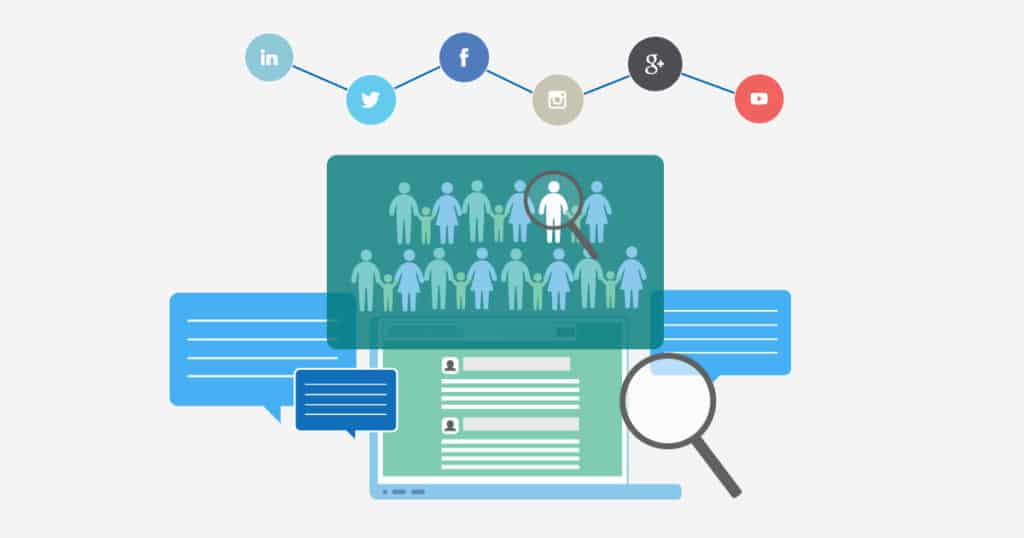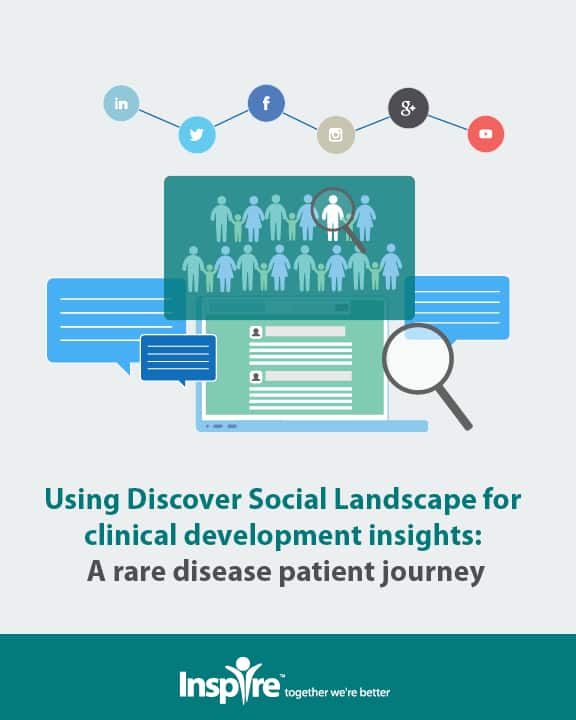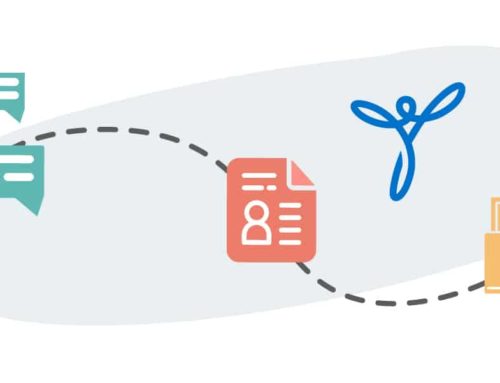Can social media help uncover insights about the patient journey?

Does patients’ social media content truly reflect the real world experience of patients in general? Can it uncover insights about the patient journey? This question tends to come up when someone is new to this type of research. It’s a good question.
Social media’s pervasive presence has been documented by Pew Research, among others, finding that Facebook is used by 74% of Americans on a daily basis, over half saying it is used more than once-a-day, and that 73% of Americans use multiple social media platforms.1
A recent case study reviewed the Twitter feed of a prominent young British physician over the last six months. Kate Granger wrote a blog and tweeted about her diagnosis, at age 29, with a rare sarcoma: desmoplastic small-round-cell tumor. Gaining permission from her husband, researchers analyzed and compared her online documentation of dying with documented illness and end of life trajectories developed from narrative interviews with patients, medical and nursing documentation and an assessment of functional ability in real time. Their study showed that Dr Granger’s social media descriptions on Twitter mapped to the key dimensions of these in-person frameworks.2
Additionally, a 2013 discussion of the need for a repository of insights from blogs by cancer patients describes the wealth of understandings that can be gained about the disease experience, provided in installments, from diagnosis through survivorship.3
Now, with the help of advances in analytics and Natural Language Process (NLP), these insights are more readily available. On November 8 at 2pm ET/11am PT, Sara Ray, Senior Research Director at Inspire, will present research done in collaboration with FDA which explains further how unstructured user generated online support community data, when organized and analyzed by experts in sociolinguistics and other qualitative research strategies, compares to in-person, focus group data. Sign up for the webinar.
Further, with rare disease, access to patients is difficult. Yet with social media, collected observations and experiences of patient who have diverse and geographically distinct backgrounds, are accessible today. We share an Inspire Insights Discover case study conducted for a senior clinical research executive of a top pharmaceutical company, to learn more about the patient journey of a rare disease. With research from across social media, including Inspire’s proprietary data, our research team provided a comprehensive description of the experience of patients with this rare disease as well as information on patient and caregiver awareness of potential treatment options on the horizon.
Download our case study, “Using Discover Social Landscape for clinical development insights: A rare disease patient journey”
Inspire offers a trusted community to patients and caregivers. Our goal with this blog, this website and our content is to provide the life science industry access to the true, authentic patient voice. In so doing, we support faithful operationalization of patient-centricity. Take a look at our case studies, eBooks and news outlet coverage.






